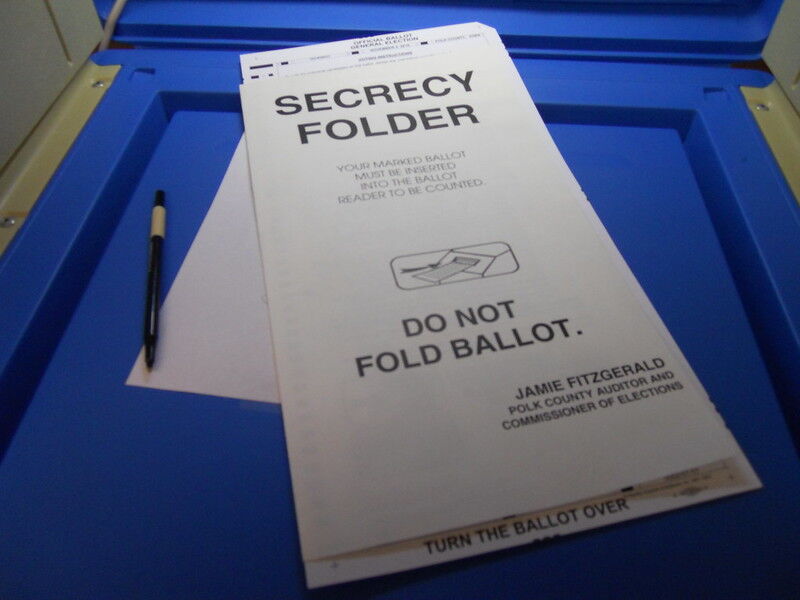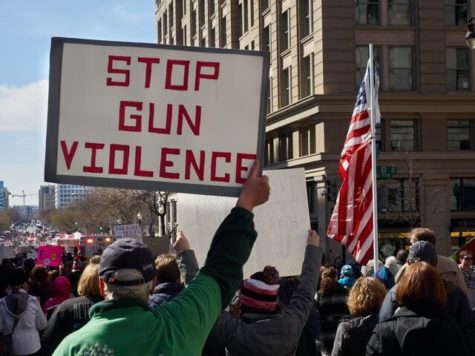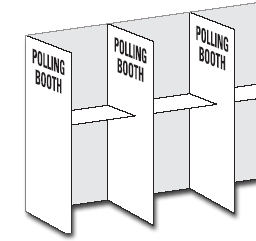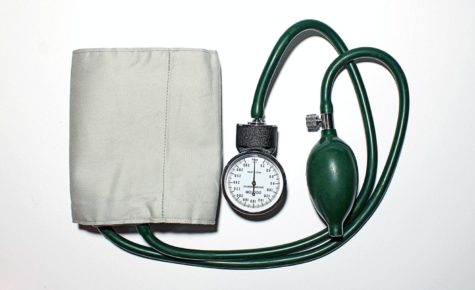Editorial: Can Trump still win?
October 19, 2020
Political ads suck. With only two weeks until Election Day, odds are your social media is flooded with campaigns. Biden this, Trump that. Just play a YouTube video.
These ads are especially evident given the highly polarized nature of the nation’s political climate. Most people already made up their minds regarding who they will be voting for, making these political ads seem almost pointless.
According to the latest Monmouth and Quinnipiac polls, only 3 percent of voters remain undecided less than three weeks out from the election. This is in stark contrast to the roughly 13 percent of voters who were undecided come Election Day in 2016.
These are the people who propelled Donald Trump to his victory in 2016, but things are different this election cycle. For starters, Joe Biden is leading in national polls by approximately three points more than Hillary Clinton led in 2016. That total gives Biden an average lead of around nine points over Trump.
Does that mean Biden is guaranteed to win the election? Absolutely not. The national media seemed all but convinced Clinton would win in 2016, and we know how that played out.
What Biden’s circumstantial lead does mean is Trump has a larger deficit to make up and less people with which to do it. Nov. 3 will arrive with even less people to make up their minds than 2012 when only 4 percent of voters entered the polls undecided between then-President Barack Obama and Mitt Romney.
It will be an uphill battle for Trump as he fights from behind in key battleground states. According to a Fox News poll, Biden is polling more than 50 percent in both Ohio and Pennsylvania, worth 18 and 20 electoral votes respectively. Trump won both Ohio and Pennsylvania in 2016.
States historically voting for the Republican candidate aren’t out of reach for Biden this cycle either. Both Georgia and Arizona will be very close races with neither candidate having a clear advantage at this point in the election.
The race certainly is beginning to feel like a referendum on President Trump. Much of Trump’s base has solidified in his support, but some critical groups have reversed course, now backing Biden in increasingly large numbers. Those voters over the age of 65 now support Biden by 14 to 16 points.
This is concerning for Trump. Florida has a large elderly population and is seen as the epitome of swing states, a miniature version of the United States. No president has won the election without Florida since 1964, with the exception of George H.W. Bush in 1992. If seniors vote the way polls are currently predicting, Trump is at a serious disadvantage in a crucial state with 29 electoral votes.
What can Trump do to reverse this poor polling? Three percent of voters remaining undecided may not seem like many, but it does represent nearly 14 million ballots, which if cast in the right states could certainly swing the election in Trump’s favor.
Given how divided the country appears, there are probably few things that could have a large impact on the election. Trump polls are worse in regard to his handling of COVID-19. A vaccine announcement in the next couple of weeks could reverse that, however unlikely.
It won’t be a good performance by Trump or a bad performance by Biden in the final debate that swings voters. Those who watched the first debate had very little good to say and much distaste for both candidates’ performances.
Trump’s rhetoric of Biden before the debates has only lowered the bar for what viewers should expect from Biden, so low it’s almost impossible for Biden not to exceed expectations.
In all the haziness of the numbers, one thing does remain clear: Donald Trump has not changed who he is or how he runs his campaigns. He is the same candidate he was in 2016, the same candidate America voted to become president.
His tactics worked then, but the question is, will they work now? In a country more polarized than ever, can Trump come from behind to shock the nation again?

















